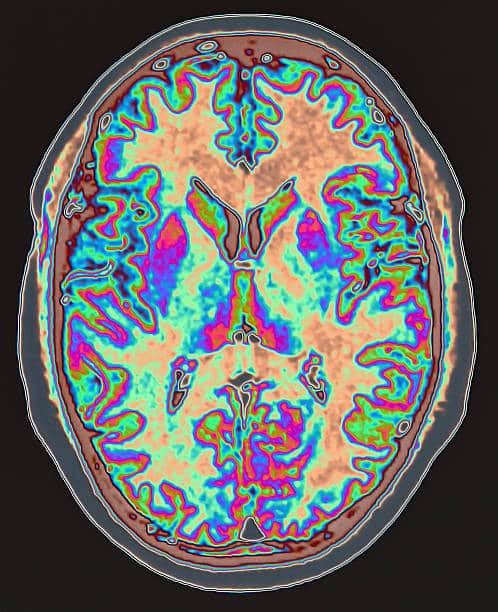
Researchers find evidence that brain compensates after traumatic brain injury
Researchers find evidence that brain compensates after traumatic brain injury.
Researchers at Albert Einstein College of Medicine of Yeshiva University and Montefiore Medical Center have found that a special magnetic resonance imaging (MRI) technique may be able to predict which patients who have experienced concussions will improve. The results, which were presented today at the annual meeting of the Radiological Society of North America (RSNA), suggest that, in some patients, the brain may change to compensate for the damage caused by the injury.
The brain has incredible healing mechanisms and might actually make the brain stronger after injury which might explain why football players get better with practice over the years, but then again how about the negative long term effects?

After a brain injury, the brain may not be able to function properly. This can cause a variety of problems, including seizures, trouble thinking or speaking, and difficulty moving.
The brain has an amazing ability to heal itself. With time and the correct treatment, most people with a brain injury will improve over time. There are a few things that you can do to help support the brain’s healing process:
1. Make sure to get plenty of rest. The brain needs time to heal, and if you are tired, it will be harder for the brain to do its job.
2. Eat healthy foods. The brain needs nutrients to heal, so make sure to eat plenty of fruits and vegetables.
3. Stay active. Exercise can help promote the healing process, but make sure to talk to your doctor before starting any new exercise program.
There is no one “right” way to recover from a traumatic brain injury (TBI). Everyone heals differently and progresses at their own pace. However, there are a few things that can help promote the healing process. Seek out support from family and friends. This can be a difficult time, and it can be helpful to have people who can support you emotionally and physically.














